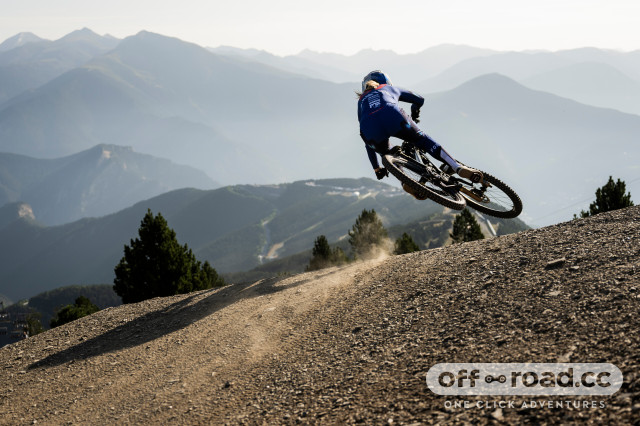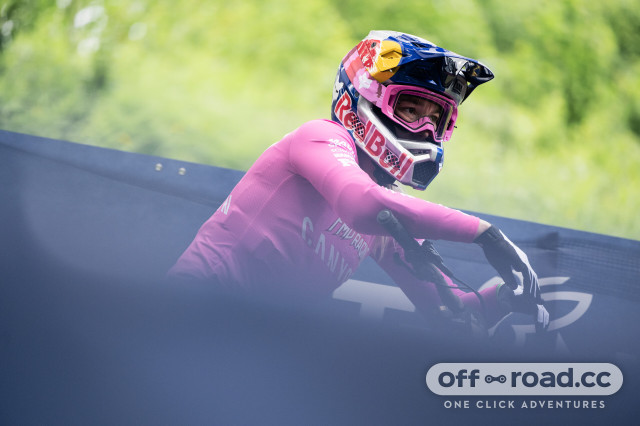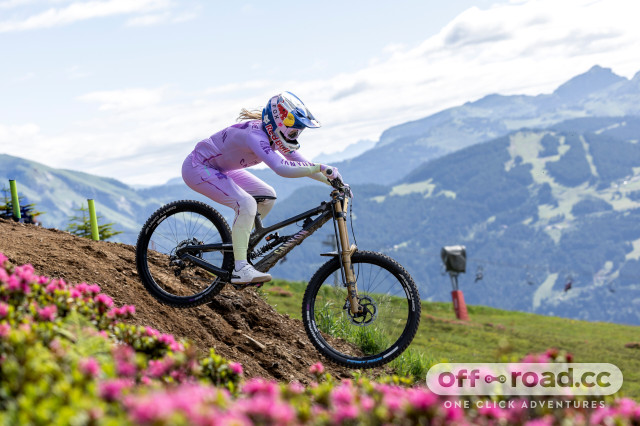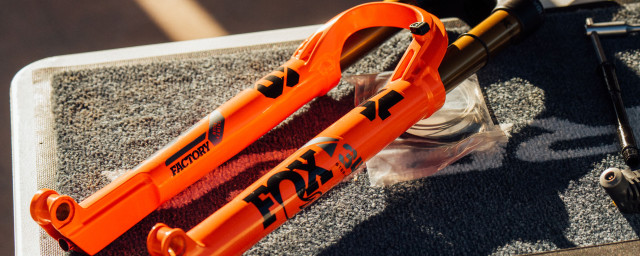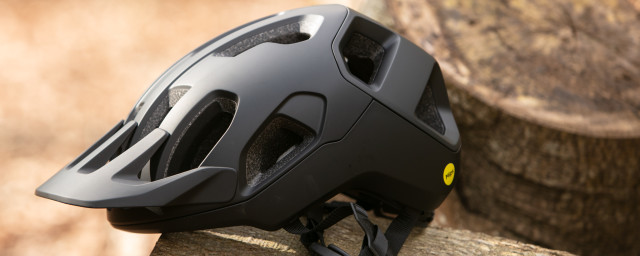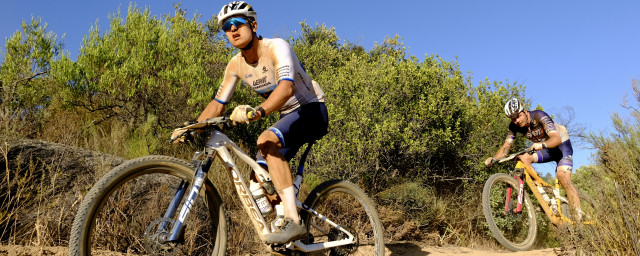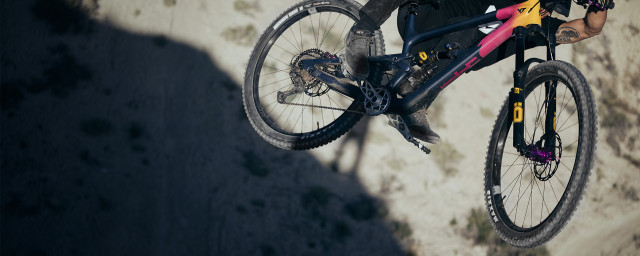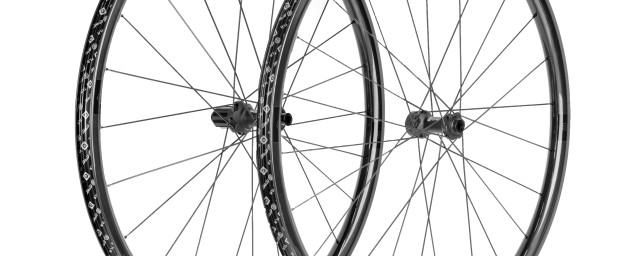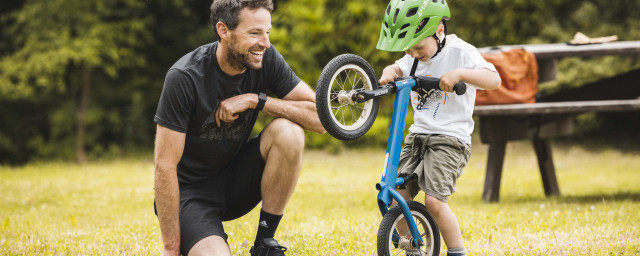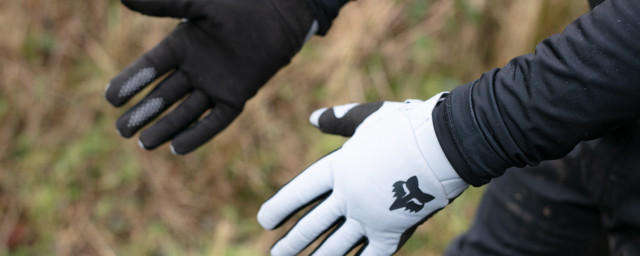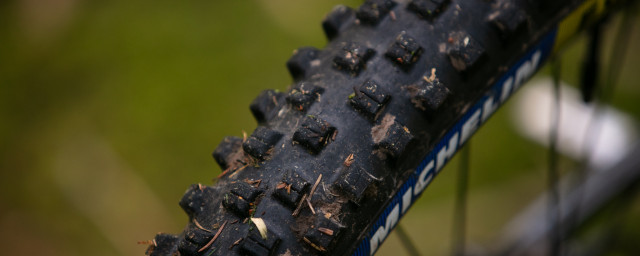On and off the record with Tahnee Seagrave
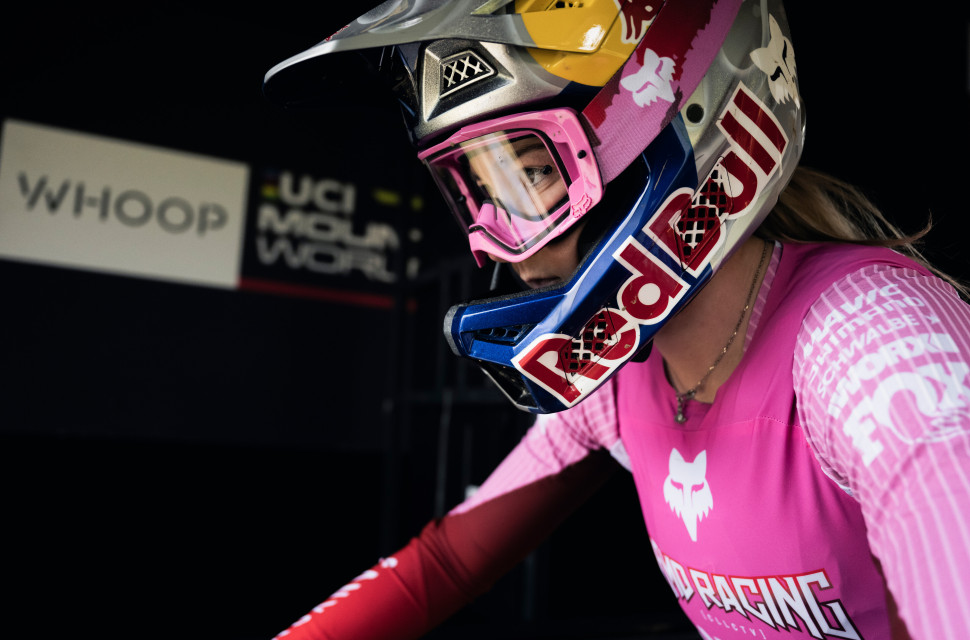
[Words by Steve Thomas - Photography courtesy of Red Bull Content Pool]
Born in South London, raised in the French Alps and honed in the wilds of Wales, Tahnee Seagrave has been one of the world’s greatest downhillers for over a decade.
- On and off the record with Katy Curd
- Industry Insider: MTB career insights with Andi Sykes of The Rider Firm, Privateer and Hunt
- The Charlie Hatton interview – the new King of Downhill
From becoming Junior World Champion in 2013, she rose fast through the Elite ranks and has won a string of World Cup races and World Championship medals over the years. Although her ongoing run has not always been smooth with her latest hit being the most damaging. However, she persevered and fought the demons lining the trail back to greatness and, this summer, she marked her return to the top by winning her first World Cup round since 2021 – and then duly followed that up with a bronze medal in the World Championships.
With a superb season behind her, we checked in with Tahnee to hear more.
ORCC: You’ve had a string of nasty injuries over the years and yet you've always come back from them. What has kept you going, what motivated you through all of that, and have there been times you've almost quit?
Tahnee Seagrave: I never saw myself doing anything different, to be honest. My race team is something special to me; my dad and brother built it together, so I was never lacking in support. My injuries started when I was on top and winning a lot, so I really didn’t see another option other than coming back to where I left off.
I was young and bounced back fast but the more injuries I got, the longer the recoveries took, and the harder it got to slot myself back in. The whole race field would get faster and stronger, yet I never, ever, felt like quitting until my most recent and scariest injury – which was my concussion.
That wasn’t because of the racing though, it was genuinely because I wasn’t mentally healthy, and I needed to step back from it all; it all got too much. Eventually, after taking a slow and soft approach to my recovery, I feel healthier than ever, and I’m back at the sharp end of racing – because I love it.
ORCC: That last big injury was really bad. Did you believe you could get back to the top, and with having to rebuild that confidence, was there a key moment or steps to doing that? And has that changed the way you think and go about rides and risk-taking?
TS: The 2023 race season was a ‘feeler season’ for me. I had recovered physically but mentally the trauma had really left its mark. I didn’t want to be overwhelmed by fear all of the time, so I decided to race the season on my own terms, knowing full well I wasn’t fit. I hadn’t trained in over a year, I had only ridden my DH bike a handful of times, and when I did, I needed to sleep for about two days after. But racing World Cups is all I’ve ever known and somewhat feels like a safe space for me. I didn’t care if I didn’t qualify, that wasn’t the goal. Without this pressure, I really started to enjoy finding myself again, as the season went on I overcame challenges and so I grew in confidence.
It wasn’t easy but I had my team around me who I was able to lean on every step of the way. I was able to develop a really strong bond with my female teammate Phoebe (Gale), who made racing extremely fun for me. She is nine years younger than me, so I felt a natural responsibility to try and guide her and loved the role of being an older sister to her. Racing with my team became a sort of therapy for me. It was crazy because the very thing that put me in this terrifying situation was the same thing that was healing me. It was just all in a different light now.
Once the season was over, I was certain that I could come back and be a threat to the top spot again. Not in the conventional way but in my way– and I trusted myself. In 2024 I felt more confident than ever, though I’m maybe more scared/have more of a thought process when doing challenging things, but I am so much more equipped now and more confident in myself to make decisions, and therefore I’m able to push myself more. There’s been a lot of beauty in the struggle!
ORCC: Hardline Wales, how daunting was it for you?
TS: Hardline Wales is extremely scary but we approached it in the right way. When I got the green light from Red Bull that I could pull together a team of five girls to tackle Hardline, it felt a lot more doable and less daunting. We took it feature by feature and day by day.
The group of girls all had different strengths, and we all helped each other when needed. It was so amazing to witness, and of course to be a part of it and I feel it really cemented how far we have come and just how much we can achieve given the opportunities.
ORCC: Where does it go from here, what are your plans going ahead, what has this year given you in terms of learnings?
TS: To be honest, as crazy of a turnaround this season has been for me, and so successful in so many ways, I have walked away a little disappointed. I came into this season charging and giving it everything I had, but couldn’t quite keep the intensity at the very end. I lost focus after I lost the overall title in the second to last round and ended up having a few silly crashes, and am now nursing some small annoying injuries which probably could have been avoided.
So, I didn’t end the season how I would have liked to. But I feel an immense amount of privilege in being able to feel this way again. Kind of bummed with a third place overall in the World? Haha, I like it. It means I’ll have more fuel over the off-season, but most of all, it just shows how far I’ve come. This is the athlete I’ve always been; it’s just so easy to get lost along the way.
This year has taught me so much about myself and what works for me; that a sustainable self-belief comes from within, not from outside factors, that it's an incredibly powerful (and overlooked) tool, and that a positive mindset attracts positive energy. Seems so simple, but I guess after being knocked down to rock bottom it isn’t something that comes naturally, it was something that required a lot of work and I often felt crazy. But this summer I felt it, and it showed in more ways than just my results.

